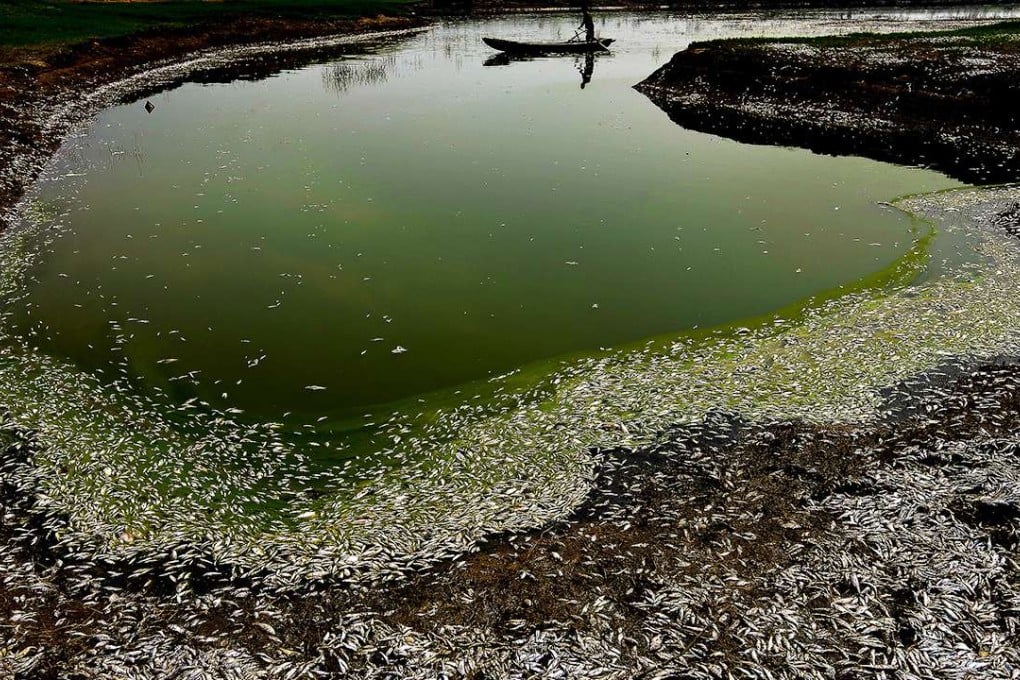80 per cent of groundwater in China’s major river basins is unsafe for humans, study reveals

About 80 per cent of groundwater in the mainland’s major river basins is unsafe for human contact, a survey by the Ministry of Water Resources has found.
The ministry last year tested 2,103 wells in the basins of the Yangtze, Yellow River, Huai River and Hai River, finding that exploitation and pollution from industrial and agricultural emissions were the biggest threats to water standards.
The results, which covered 18 provinces, were released on the ministry’s website yesterday, the first time it has published water quality information in its monthly update – previously it has included only data such as depth and quantity.
While nitrate pollution was a common and major cause of concern, in some regions groundwater was contaminated by toxic heavy metals and organic pollutants, which are more difficult to remove.
India’s air pollution taking the shine off Golden Temple, the holiest shrine in Sikh religion
Nearly half – 47.3 per cent – of wells tested were found to have fifth grade, or “extremely bad”, water quality and about a third had fourth grade, or “bad” water quality. None of the wells had “excellent” water quality.
Ma Jun, director of the Institute of Public and Environmental Affairs, said fourth- or fifth-grade groundwater was so polluted it was no longer safe for human contact.
